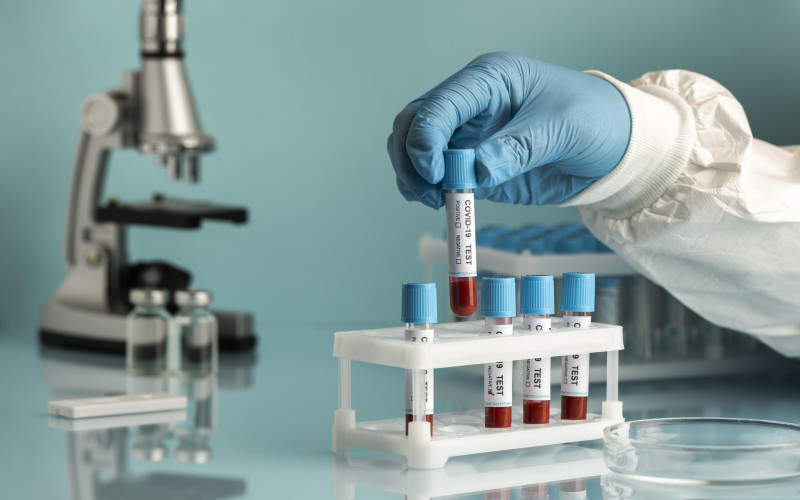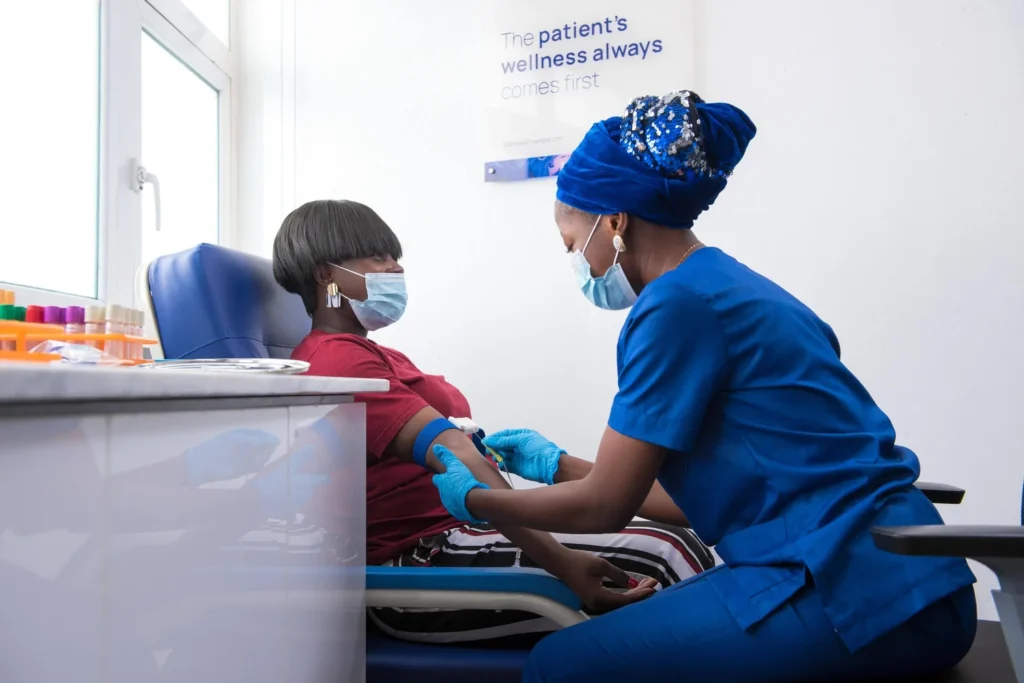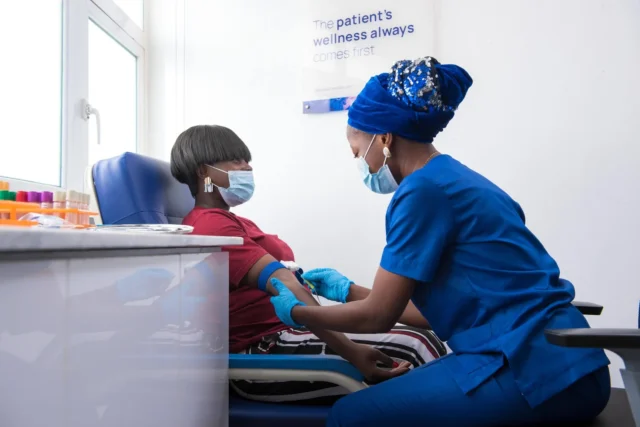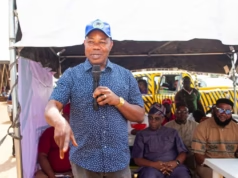Medical timing is everything when it comes to Parkinson’s disease. Early diagnosis can make all the difference, giving patients access to treatment that slows the disease’s progression, preserves independence, and improves quality of life. But for many people in Nigeria and other low-resource countries, catching Parkinson’s early remains a steep challenge.
A major reason is the lack of affordable, accessible healthcare technology that can detect symptoms before they become debilitating. This summer, however, a groundbreaking research project brought a ray of hope — and it came from one of Nigeria’s own.
Table of Contents

A Nigerian Engineer on a Mission
Olusoji Ogunbode, a Nigerian-born engineering PhD student, returned home with a mission: to test and refine wearable medical technology that could transform the way Parkinson’s is diagnosed and monitored in Nigeria.
Under the supervision of Professor Ana Luisa Trejos, an expert in biomedical engineering, Ogunbode spent several months in Ogbomoso, Oyo State, working with local patients, clinicians, and caregivers. His work formed part of the Engineering for Health Equity fellowship, a program designed to bridge the gap between cutting-edge medical research and the real-world needs of underserved communities.
Speaking about the urgency of his work, Professor Trejos explained:
“In low-income communities that don’t have the same resources, so many people go undiagnosed. Fast diagnosis is absolutely critical so that we can get the treatment in place to manage symptoms, allowing people to remain independent for longer.”
The Technology: Wearable Sensors for Parkinson’s Detection
The core of Ogunbode’s work was testing a wearable device embedded with specially designed sensors. These sensors can track Parkinson’s symptoms in real time — including tremors, freezing episodes, and slowness of movement.
Unlike bulky medical devices that can intimidate patients, this innovation is built into clothing and textiles. The goal is to make it unobtrusive, comfortable, and culturally acceptable for everyday wear. Patients simply go about their normal routines while the sensors collect data.
The data is then processed by customisable software, designed to relay key information to clinicians, caregivers, and the patients themselves. This real-time insight can be used for early diagnosis and for monitoring how the disease progresses over time.
According to Ogunbode:
“Parkinson’s disease is still largely misunderstood by many people in Nigeria. But what I witnessed gives me hope; people want answers, clinicians want support, and caregivers want tools that empower — not overwhelm — them.”
Taking It to the Field
In Ogbomoso, Ogunbode worked with real patients living with Parkinson’s disease. He enrolled them in a pilot study to see how the device would perform in Nigerian conditions — where factors like heat, humidity, electricity supply, and infrastructure can affect technology performance.
He also held consultation sessions with doctors and caregivers, gathering feedback on what kind of information would be most useful for medical decision-making. This hands-on engagement ensured the technology was not just functional, but relevant to the people who would ultimately use it.
Frugal Innovation: Making It Affordable and Accessible
The project is part of the Frugal Biomedical Innovations Catalyst Grants programme, launched in 2022. This initiative focuses on co-creating medical devices that meet the needs of communities in remote or low-resource environments, from Northern Canada to Africa.
“Frugal innovation” means designing solutions that are cost-effective, easy to manufacture, and simple to use — without sacrificing quality. In Nigeria, this approach is particularly important because imported medical technology often comes with high costs and compatibility issues.
Ogunbode’s connection with Dr. Ajani Adegbenro Sunday of Kwara State University proved valuable in grounding the project in local realities. Together, they began exploring how the wearable device could be produced locally using Nigerian textile manufacturing techniques.

Local Manufacturing: Weaving Tradition into Technology
One particularly exciting avenue is integrating the sensors into fabric produced using traditional Nigerian weaving methods. Ogunbode visited a local textile company that specialises in a unique weaving style, and discussions are ongoing about how to embed the technology without altering the fabric’s cultural value or comfort.
Professor Trejos explained the vision:
“We knew that the device and software needed to be very low cost, very accessible, so that we can incorporate it into all sorts of communities. Because it is textile-based, our goal is to ensure it can be manufactured anywhere. If you can sew, embroider, or weave, you should be able to produce this device.”
By enabling local production, the team hopes to reduce costs, boost adoption rates, and create economic opportunities for Nigerian artisans and manufacturers.
Why This Matters for Nigeria
In Nigeria, Parkinson’s disease is often misdiagnosed or diagnosed too late. Many people attribute early symptoms like tremors or stiffness to ageing, stress, or even superstitions. Without early detection, patients miss out on interventions that could greatly improve their lives.
Moreover, access to neurologists and specialised clinics is limited, especially outside major cities like Lagos or Abuja. A wearable diagnostic device that patients can use at home could democratise access to care, allowing doctors to monitor patients remotely and intervene sooner.
This is not just a medical breakthrough — it is a health equity issue. By making the technology affordable and available in rural and urban communities alike, it addresses a long-standing gap in Nigeria’s healthcare system.
Community Response and Challenges Ahead
Ogunbode reported an overwhelmingly positive response from both patients and healthcare professionals. Many were eager to try the technology, especially since it offered a non-invasive, stigma-free way to track symptoms.
However, there are challenges ahead. For the device to work at scale, it must:
- Remain affordable for patients in low-income settings.
- Withstand Nigeria’s tropical climate.
- Operate in areas with unreliable electricity and internet access.
- Be culturally acceptable to wear in everyday life.
These are not small hurdles, but they are precisely the kind of real-world challenges the Frugal Biomedical Innovations programme was designed to tackle.
Looking Beyond Parkinson’s
While the current focus is Parkinson’s disease, the same technology could be adapted for other neurological conditions such as epilepsy, stroke recovery, or movement disorders caused by injury. By developing a flexible platform, the team is laying the foundation for a whole new category of wearable healthcare devices made for and by Africans.

A Vision for the Future
For Ogunbode, this work is more than an academic project — it is a personal mission to give back to the country that shaped him.
“We are exploring not just how the technology works, but how we can ensure people from low-income communities have access to and can use the device,” he said.
The vision is clear: a future where innovations are tested on the ground in Nigeria, refined for local realities, and scaled up to serve millions, not just a privileged few.
With support from international collaborators, local universities, and Nigerian manufacturers, that future is no longer a distant dream. It is taking shape — stitch by stitch, sensor by sensor.
Key Takeaways
- Focus: Testing wearable medical innovations in Nigeria for Parkinson’s disease detection.
- Goal: Early diagnosis, better symptom monitoring, and accessible care in low-resource settings.
- Approach: Frugal innovation — making it affordable, culturally relevant, and locally manufacturable.
- Impact: Could revolutionise Parkinson’s care in Nigeria and beyond, while boosting local industry.
Join Our Social Media Channels:
WhatsApp: NaijaEyes
Facebook: NaijaEyes
Twitter: NaijaEyes
Instagram: NaijaEyes
TikTok: NaijaEyes





